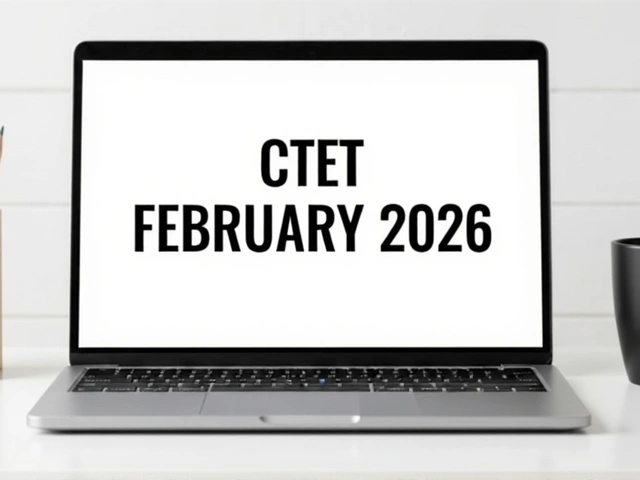USA: Practical guide for Indians — living, work, visas, and property
Thinking about the USA? Whether you plan to study, work, invest in property or just learn what life is like, this tag collects straight‑talk answers and tips for Indians. The US is big and different from city to city, so expect variation in costs, rules and daily life. Below are clear, practical points to help you get started or decide your next move.
Visas, work and study — the basics
Start with the purpose: student, work, family or short visit. Student (F‑1) visas let you study and often work on campus; work visas (H‑1B, L‑1, etc.) usually require an employer sponsor. Family-based routes and marriage are common too, but they need proper paperwork. Green cards come through employment, family or special programs and take time.
Don’t rely on hearsay about timelines or guarantees. Apply through your employer or university, follow official forms, and keep copies of everything. For tricky cases — multiple visa changes, gaps, or complex family situations — get a qualified immigration advisor. Small mistakes can cost months.
Housing, money and daily life
Most newcomers rent first. Expect a security deposit, a minimum one‑year lease in some places, and separate utility bills for gas, electricity, water and internet. Rents differ a lot: big cities like New York, San Francisco or Boston are expensive; smaller cities and suburbs are cheaper and often family‑friendly.
Buying property as an NRI is possible, but research matters. Look at property tax, homeowners association (HOA) fees, insurance, and potential rental income if you want to invest. Lenders will check your credit score and income; building a US credit history fast helps—use a secured card, pay bills on time.
Healthcare is expensive without insurance. Many people get coverage through employers. Know the difference between primary care, urgent care and emergency rooms to save money. For long stays, compare plans and ask about co‑pays, deductibles and network doctors.
Other everyday practicals: get a state driver’s license, open a local bank account, and set up online bill payments. Public transport is good in some cities and almost absent in others—buy a car if you plan to live in suburbs. Taxes can be double‑faced: you’ll have US tax obligations, and India tax rules may affect your income—talk to a tax professional who handles both countries.
Work culture tends to be direct and punctual; meetings start on time. Networking helps—join local Indian community groups, student associations or professional meetups to find support and housing leads. For property investment, consider rental demand, maintenance costs and local laws about landlords and tenants.
Want example posts? On this tag you’ll find articles about life abroad, cultural questions like Native Americans, and practical how‑tos for moving and settling. Use those pieces to get different perspectives before you commit to a big move or property purchase.
Ask specific questions—city names, visa type or property tips—and you’ll get targeted advice that actually helps.

Should I stay in India or migrate to the USA?
Struggling to decide whether to stay in India or migrate to the USA? Weighing up the pros and cons of each nation can help you make the decision. India is home to a rich culture and history, with a diverse population, vibrant cities, and beautiful landscapes. Meanwhile, the USA offers world-class education, a variety of career opportunities, and a high quality of life. Ultimately, it is up to you to decide which country best suits your needs and lifestyle. Consider the advantages and disadvantages of each and make an informed decision. With a bit of research, you can make the right choice for you and your future.
Immigration Advice



